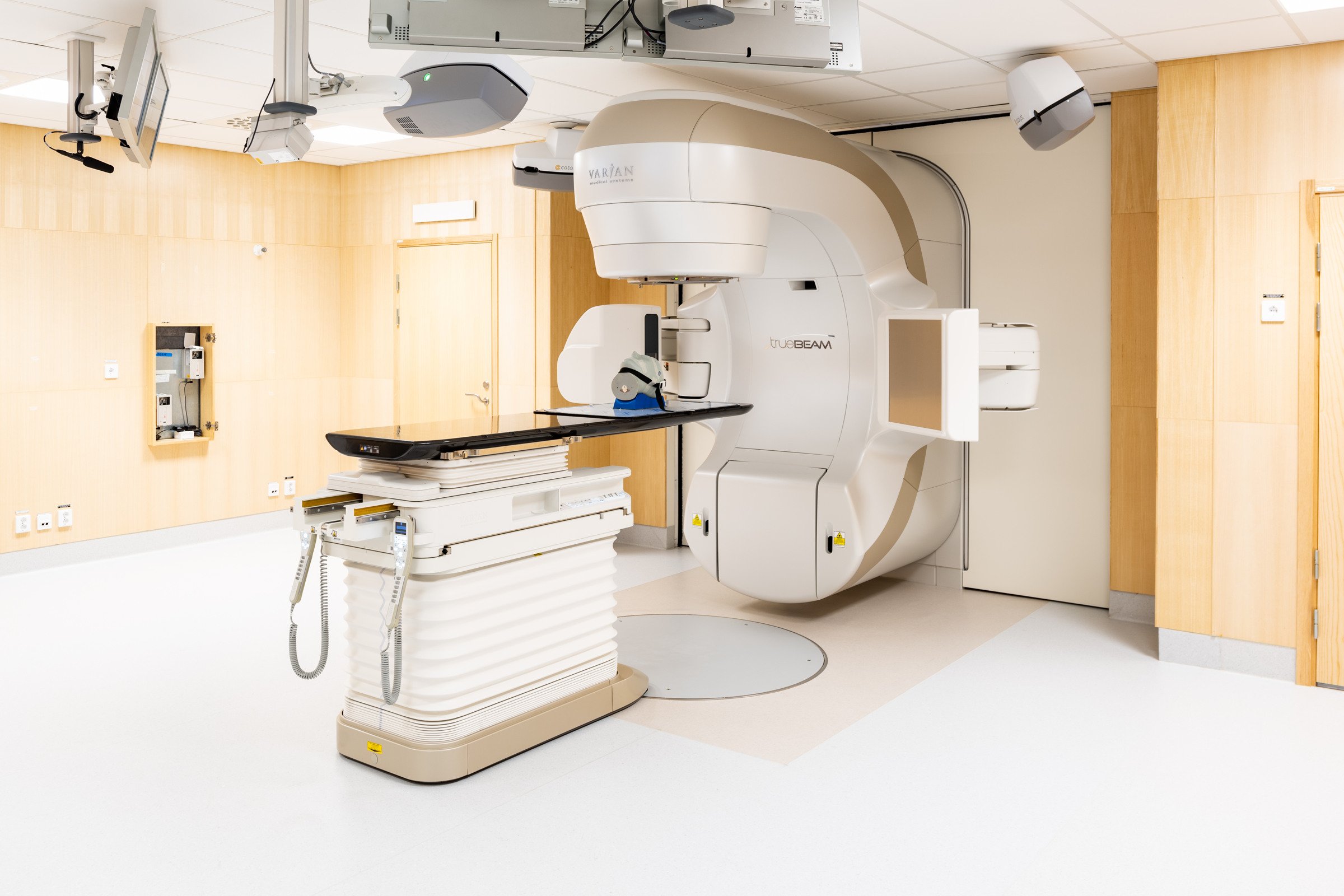Primary sclerosing cholangitis
Primary sclerosing cholangitis (PSC) is a chronic cholestatic liver disease of unknown origin. PSC is characterized by inflammation and fibrosis in the intrahepatic and/or extrahepatic bile ducts.
Gastroenterology
Gastroenterology includes both upper abdominal surgery and lower abdominal surgery Gastroenterology
Center
Aiming to improve knowledge, competence, and care for all patients with rare diseases
Bringing together cutting-edge research and world-leading expertise
